When you can’t read the labels, don’t know the brands, and have never seen some of the products before, Spanish supermarkets can be a daunting experience. Furthermore, if you are a vegetarian or vegan it can be downright traumatic!
But fear not! In this article, I’ll guide you through the best buys from Spanish supermarkets to help you stock up before your journey across the Atlantic and your adventures in the Caribbean. No matter your dietary preferences, I’ve got you covered with practical and easy-to-follow recommendations. And for your convenience, I’ll even provide Spanish translations when needed.
Before we dive into the essentials, I recommend checking out my previous article on where to provision in the Canary Islands. It’ll give you valuable insights on where to do your food shopping prior to an Atlantic crossing.
So, what should you stock up on before crossing the Atlantic?
It’s a loaded question, considering personal tastes, dietary needs, cooking equipment, and even potential seasickness. To keep things simple yet versatile, here are my top 10 must-haves for our boat’s galley:
1. Coffee and Speciality Teas
If you love coffee, this should be one of the items you pack in your bilges. As the packaging is hermetic and well-sealed it keeps for a long time provided you keep it stored in a cool dry place.
Whether it is filter, plunger or instant, work out what you need to see you through to at least the French islands of Martinique and Guadeloupe where you will find more reasonable prices and a wider variety.
If you enjoy your cuppa, whether it is black tea, rooibos, green matcha or chai, then stock up here in Spain. Not only will you find more choices, but prices will most definitely be in your favour.
2. Flour and Speciality Flours
For those who enjoy cooking, baking, and bread-making flour is already probably one of your staples. Thankfully in Spain, you can get a wide range of gluten-free and specialty flours too.
Flour density can change from brand to brand and country to country so it is great to be able to have a plentiful supply of your favourite flour to bake away to your heart’s content.
In Spain, white flour (harina de trigo), is what is known as plain flour, i.e. no baking powder or rising agent. If you are looking for self-raising flour then look for Harina para bizcochos which quite literally means flour for sponge cakes.
The Spanish use a mix of semolina and wheat flour to fry fish and seafood it is called Harina para fritos or Harina para fritura. I use this flour for pizza dough and also for coating tofu before frying as it gives a crispy batter sensation without being heavy.
Harina de espelta or Spelt flour is a regular in my Irish soda bread recipe. It is also my favourite for chocolate-chip cookies and banana bread, and an excellent way of using up those over-ripe bananas in banana bread.
Chickpea flour, Harina de garbanzos is also a staple on our boat. It makes a great alternative to eggs in omelettes and Spanish tortilla and makes mouth-watering onion bhajis and pakoras.
Rice flour, Harina de arroz is also readily available in supermarkets and a great gluten-free option
Cornflour, Maizena is the white flour used for thickening sauces, coating and replacing quantities of plain flour in recipes to give a lighter result.
There is another type of corn flour “PAN”. This is great for cornbread to accompany a comforting one-pot chilli. It is also used to make the South American staple “Arepa” which you will readily see in the Canary Islands and is a must-try.

3. Lentils and legumes
Canned legumes and lentils are also good items to stock up on. Whilst you will find most dried legumes and lentils readily available in the Caribbean, cans (which are more practical if you don’t have a pressure cooker) can be harder to find and much more expensive than in Spain.
4. Canned and jarred vegetables
Tomatoes, peppers, artichokes, spinach, mushrooms, asparagus, coconut milk, sweetcorn, mussels sardines etc.
5. Chocolate and Sweet Stuff
Indulge your sweet tooth and put enough of this stuff in your trolley till you giggle with glee.
In my opinion night passages are much better when accompanied with something sweet, comforting and chocolatey. You will probably find the quality and price of chocolate is most definitely better this side of the Atlantic.
If you have kids on board (young or old) then a copious amount of sweets and a few bags of marshmallows will not be snubbed.
6. Bread Crackers
Legend has it that Spanish fishermen would take “bread biscuits” to sea with them. We often have a plentiful supply of these dry biscuits as they are easy to eat on passage if we are feeling seasick. Once at anchor, they are the perfect accompaniment to hummus and other dips. They are a good snack to take out on a hike and can be eaten at any time of the day. They also come with different ingredients and you can find gluten-free versions too.

7. Ngori and sushi rice
For those who like to make their own sushi, I highly recommend stocking up on sushi rice and ngori seaweed paper. Easily sourced in Spanish supermarkets and Asian stores, they will also be much harder to find in the Caribbean.
8. Nut butter and tahini
These are a big staple on our boat. Peanut butter is packed full of protein and can be used in savoury or sweet recipes. Look for 100% organic peanut butter, which can be found in Mercadona and the other supermarkets to make sure you are only getting the good stuff.
Tahini is a great source of calcium, potassium, magnesium and iron. It can be spread on toast with honey, used to make salad dressings, cookies and cakes, and adds an umami flavour to homemade hummus.
9. Dried fruit, nuts and seeds
Spain has a fantastic range of dried fruits, nuts and seeds. When you can’t stomach a full meal, they are a great source of nutrients and easy to eat on passage. They are great for making your own breakfast granola, muesli bars and are one of the foundation ingredients in a plant-based diet. They can brighten up a salad, are the base for homemade plant-based cheese and an awesome snack for those active days.
10. Milk and speciality milk
If you are lactose intolerant or follow a dairy-free diet you will have found Spain offers a great selection of plant-based milks to suit all tastes and recipes. I suggest stocking the bilges with this if it is a regular-use product on your boat, as it will again be more difficult and expensive to source in the Caribbean.
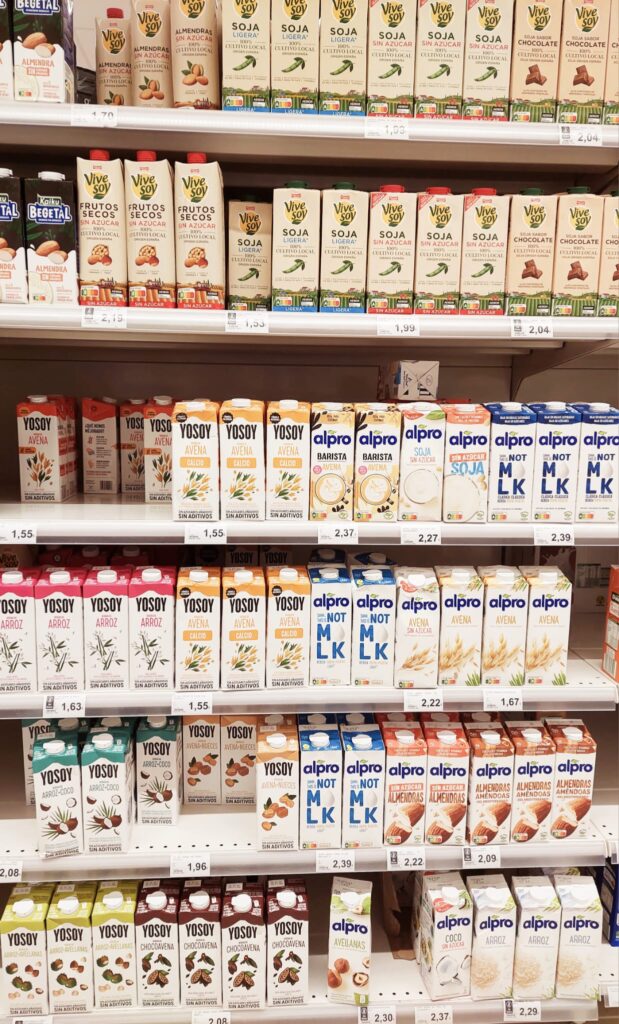
By ensuring you have these items before embarking on your Atlantic crossing, you’ll be well-prepared for your journey and avoid the hassle of searching for specific products when you arrive the Caribbean.
Bon voyage!

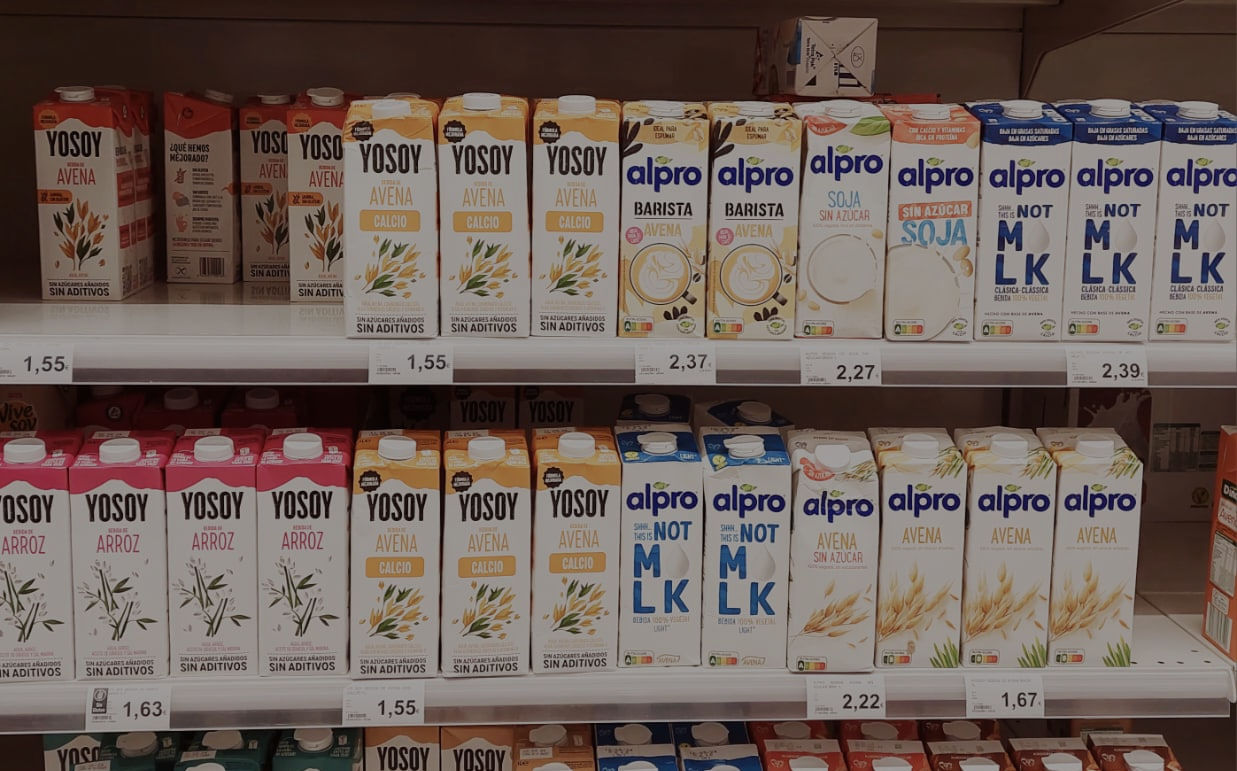



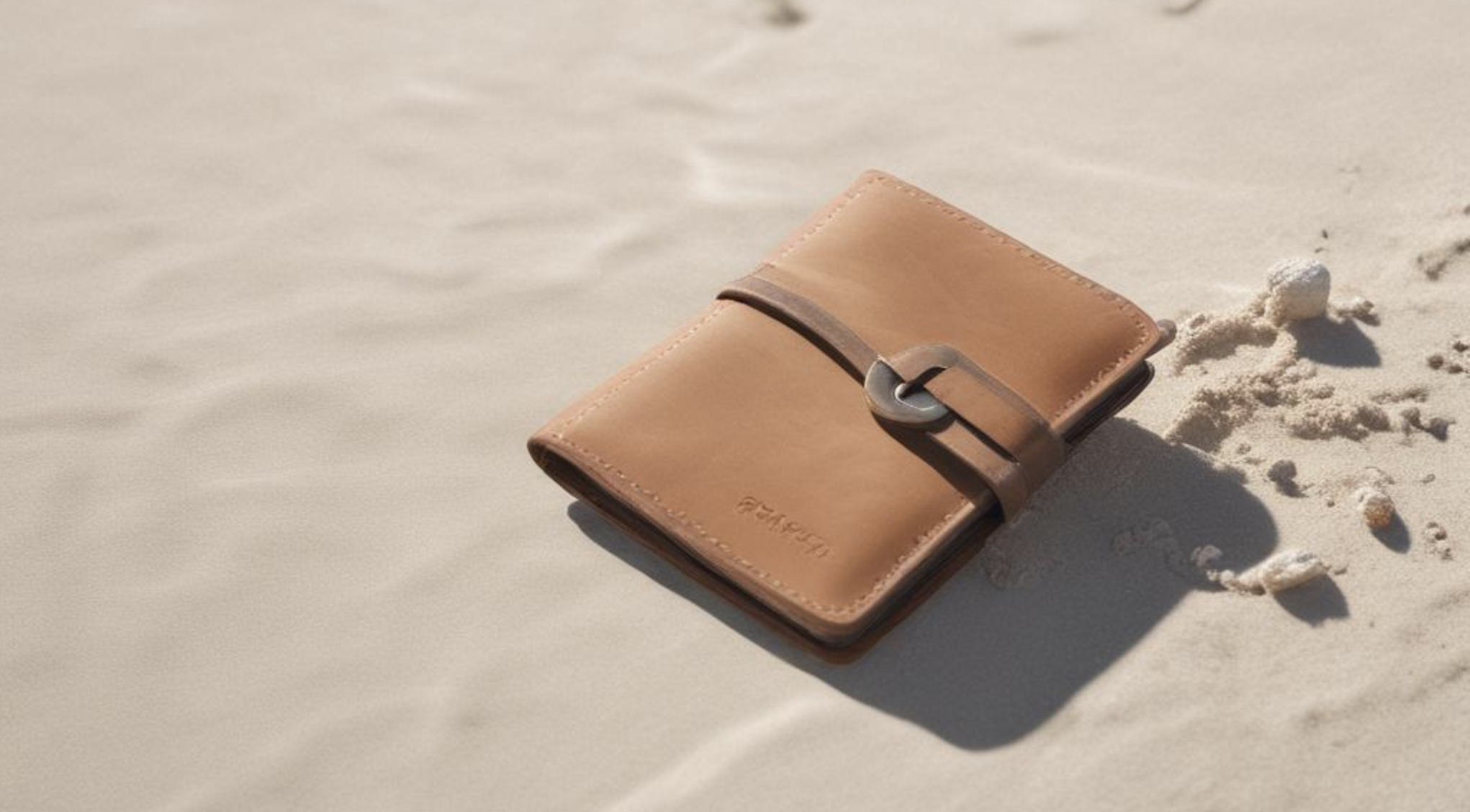
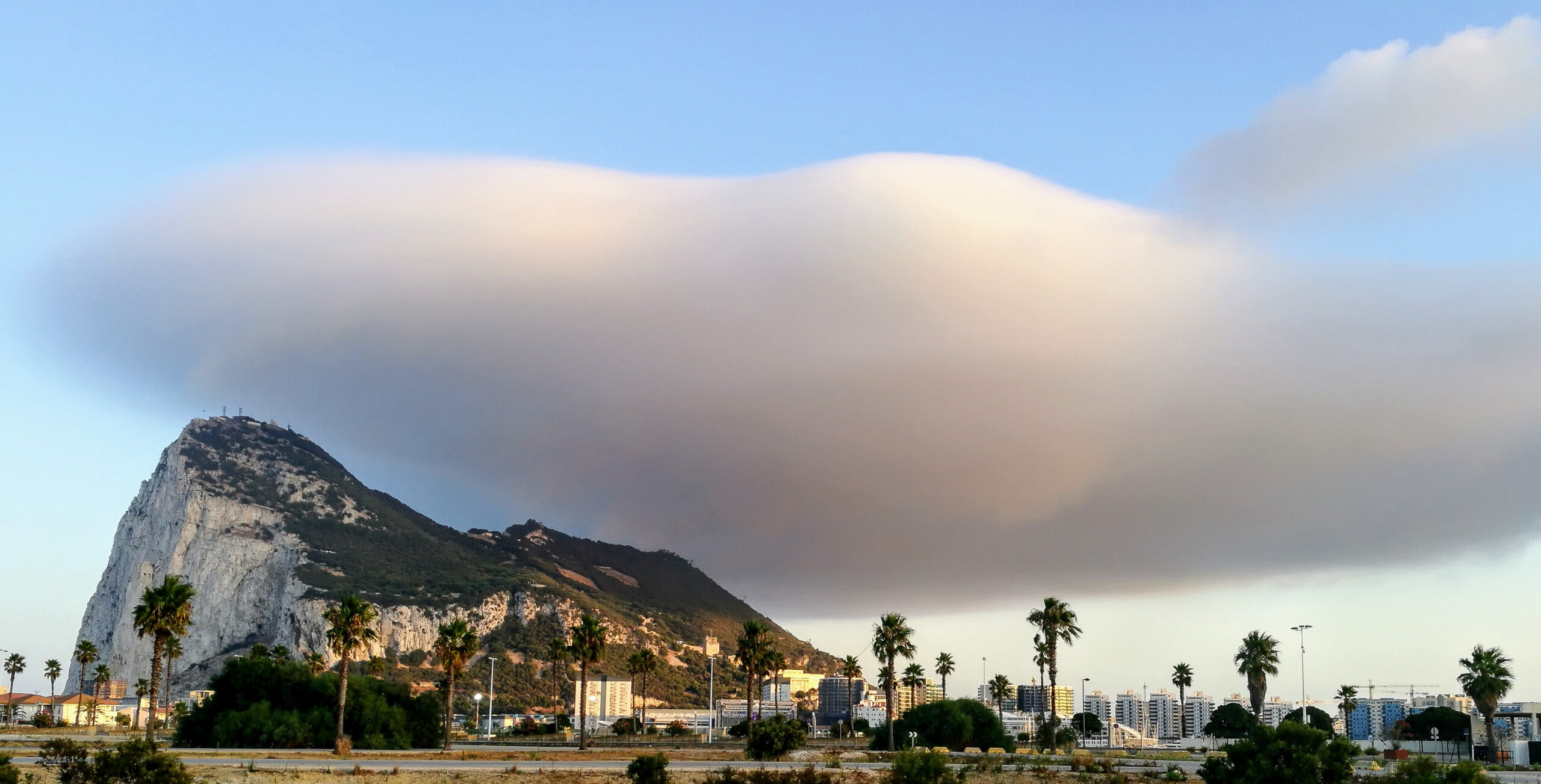
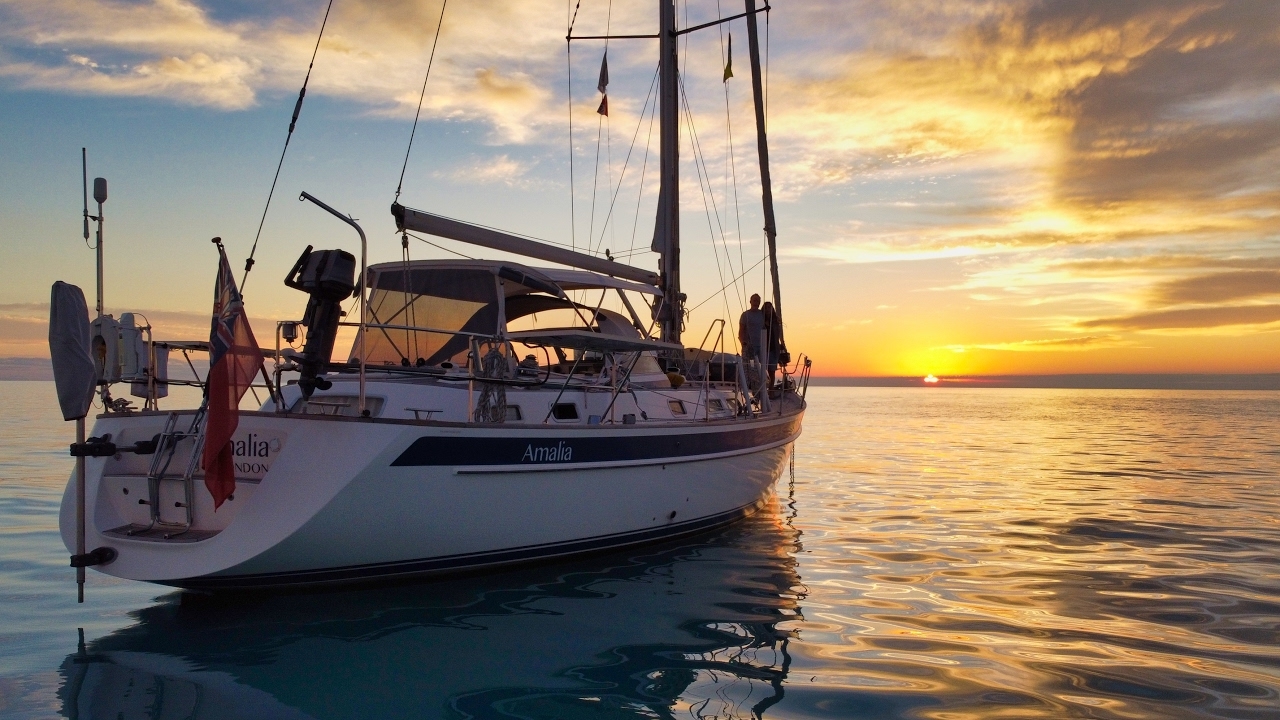
A nice list! We added a (7kg) cured ham which was great for the trip and – probably illegally – on the other side too.
Cured ham whilst a staple here in Spain is most definitely considered a prized item to have in your galley once over the other side.